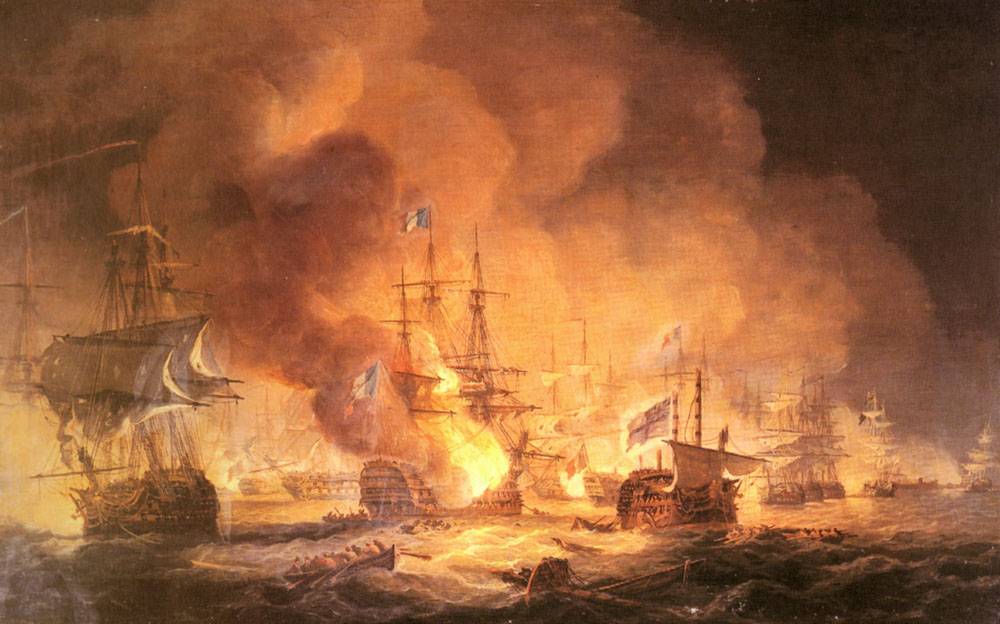During Napoleon's Campaign in Egypt 1798-1803, the British destroyed the French fleet near the Abu-Qir bay and had a fleet blockade there. Where did the men on the British fleet get supply from in all this time?
Furthermore the British had not only naval combat with the French but also land battle. Already in the Siege of Acre in 1799, the British had land troops in the area. Where did they come from?
Later in the Egypt Campaign, the British were said to occupy Alexandria and Rosetta. How many region was under the British at that time? Note I use the word occupy because here it says
Murad had reportedly offered money to the French forces to leave Egypt and offered to ally himself with the British in exchange for allowing the British to occupy Alexandria, Damietta and Rosetta
Lastly the company SEGA (the inventor of the PC GAME Napoleon Total War) claim in their game that Cyprus was British in 1798 - is this true?
